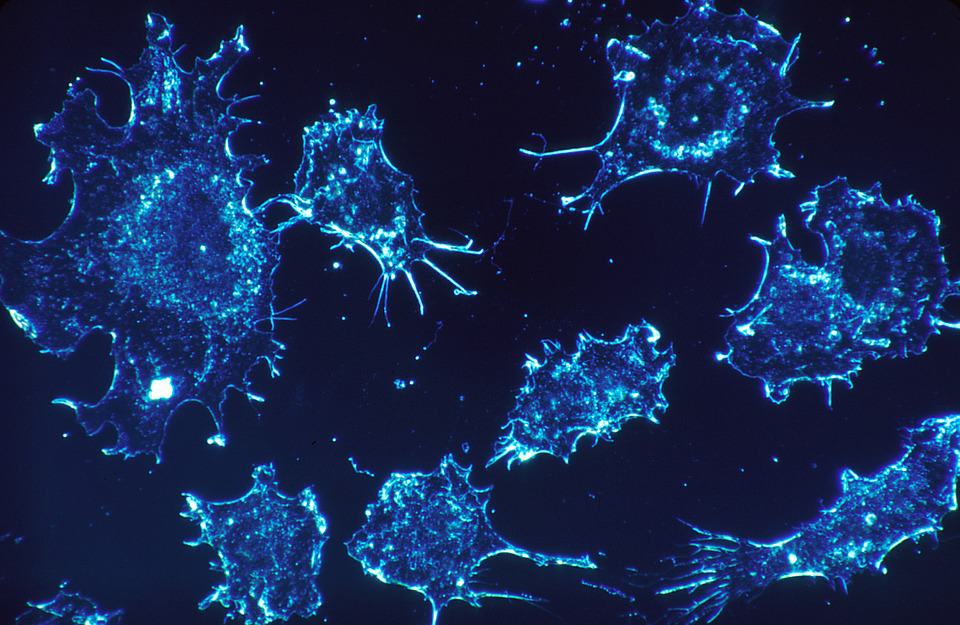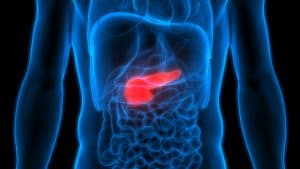
Breakthrough treatment for pancreatic cancer doubles survival rates
pharmafile | January 25, 2017 | News story | Research and Development | CRUK, Cancer Research UK, Pancreatic cancer
Research led by Liverpool University and funded by Cancer Research UK has shown that a combination treatment of two off-patent drugs are able to improve five-year survival rate from 16% to 29% of patients in patients who have received surgery. This is a particularly important breakthrough given that pancreatic cancer is the most deadly form of cancer, in terms of survival, in Britain – with only 3% of patients surviving beyond five-years, as of recent figures.
Pancreatic cancer affects approximately 9,400 patients across the UK each year and, with the survival rate being so low, it means that it is the fifth most common cause of death from cancer in the UK and the third largest in the United States.
The clinical trial that led to the breakthrough took place across 92 hospitals in various European countries, including the UK, France and Germany. In total, 732 patients were involved with the study and research has been on-going from 2008.
An important detail is that the research was charity-led and uses two drugs, gemcitabine and capecitabine, that are no longer protected by patents. Pharmaceutical companies rarely experiment with off-patent drugs because there is comparatively little profit to be made compared to branded drugs.
The upshot of this is that the treatment will be much more affordable over newly developed drugs and this should remove funding roadblocks to become standard treatment. Currently, patients are treated with gemcitabine alone after surgery, but survival rates beyond five-years sit at 16% for this treatment.
Peter Johnson, Cancer Research UK’s chief clinician, said: “Pancreatic cancer is a notoriously difficult disease to treat. Nearly 10,000 patients are diagnosed each year in the UK so we urgently needs new ways to treat and manage the disease. Research that tells us more about how the disease grows and spreads – and trials like this one – will be key to improve survival for patients living with the disease. There are still big leaps to be made, but Cancer Research UK is investing heavily into research to take on pancreatic cancer, and we are just starting to see the results.”
The findings highlight the importance of charity bodies, such as Cancer Research UK, in developing and researching potential new treatment. There is an expectation that the positive results will see the combination of the two drugs become standard therapy, and potentially open new pathways for treatment.
Ben Hargreaves
Related Content

FDA grants ODD to Candel Therapeutics’ pancreatic cancer treatment
Candel Therapeutics has announced that the US Food and Drug Administration (FDA) has granted Orphan …

Arcus Biosciences shares results from phase 1b trial for pancreatic cancer treatment
Arcus Biosciences has announced new data from the ARC-8 phase 1b clinical study which is …

Sosei Heptares and Cancer Research UK announce first patient dosed in phase 1/2a trial
Sosei Heptares and Cancer Research UK have announced that the first patient has been dosed …








